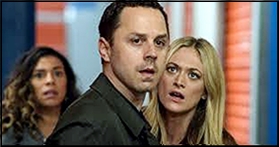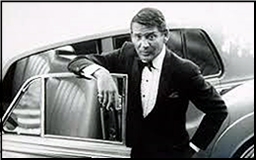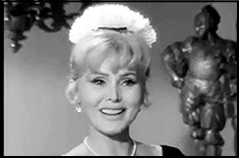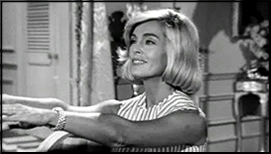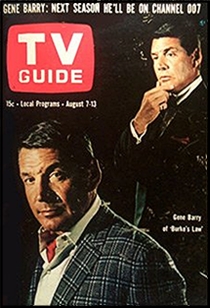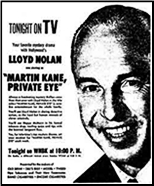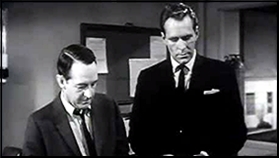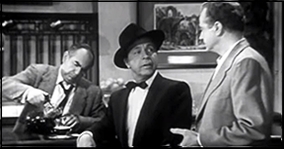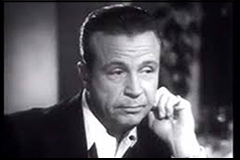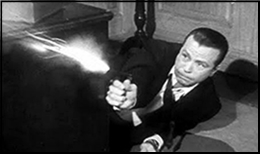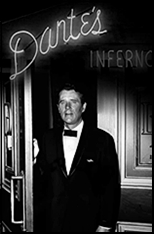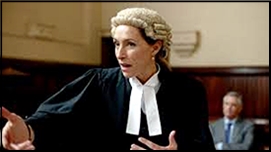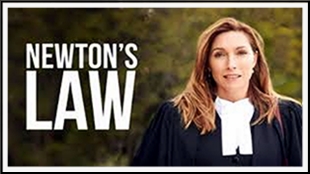Tue 28 Apr 2020
A TV Episode Reviw: SNEAKY PETE “Pilot†(2015).
Posted by Steve under Reviews , TV mysteries[6] Comments

SNEAKY PETE. “Pilot.†Amazon Prime Video. 07 August 2015. Giovanni Ribisi (Pete Murphy / Marius Josipovic), Marin Ireland, Shane McRae, Libe Barer, Michael Drayer, Peter Gerety, Peter Gerety, Margo Martindale. Series created by David Shore and Bryan Cranston. Director: Seth Gordon.
When small time con man and sneak thief Marius Josipovic is released from prison, he quickly learns that he owes a big time gangster is on his trail for a large amount of money he thought he’d paid off. So what does he do? He heads for the home town of his former cell mate and passes himself as the other, a prodigal son finally returned home.
How does he manage this? They have not seen him in a long time and his cell mate had bored him to tears with stories of his youth. What the newly minted Pete Murphy does not know is that his new family runs a well-oiled bail bond business, and he’s expected to move right in and an active employee. This leads, at least in this first episode, into an unexpected confrontation with someone he knows from his past. Also in the abeyance he has his own past that will, I am sure, continue to catch up with him.
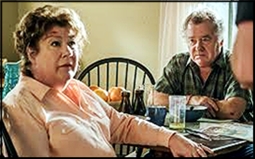
In terms of the basic plot lines, there are – and you may not noted this too — some similarities to the set up to the recently reviewed Cinemax series Banshee, which debuted in 2013, two years earlier. In that one the hero, also just out of prison and on the run, assumes the identity of the new sheriff, newly hired unseen. Similar, yes. but with enough differences to make each of them watchable without an excessive amount of déjà vu in switching from one to the other.
Of the two, I enjoyed this one a little more than the other. There’s enough comic potential in this series – I’ve only seen this, the first episode – to make the same implausible set-up go down more easily, with perhaps less violence. Those of you who have seen more are welcome to tell me otherwise, but I know others enjoyed this one too. It was on for three seasons, and apparently left quite a few viewers wanting more.
